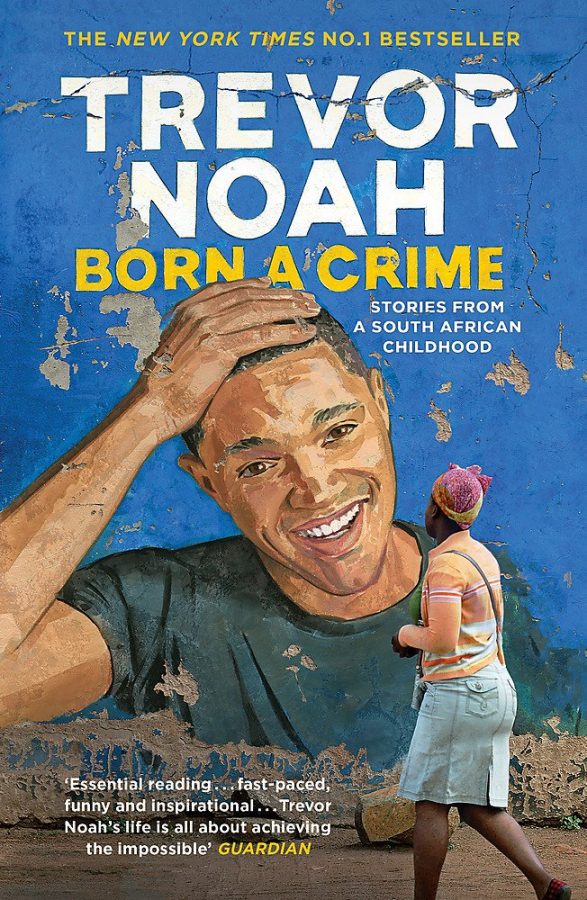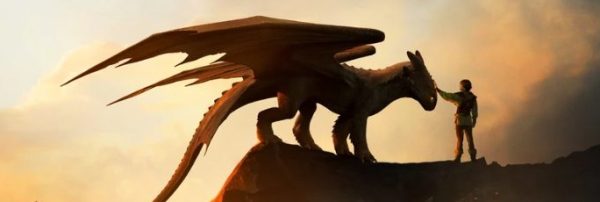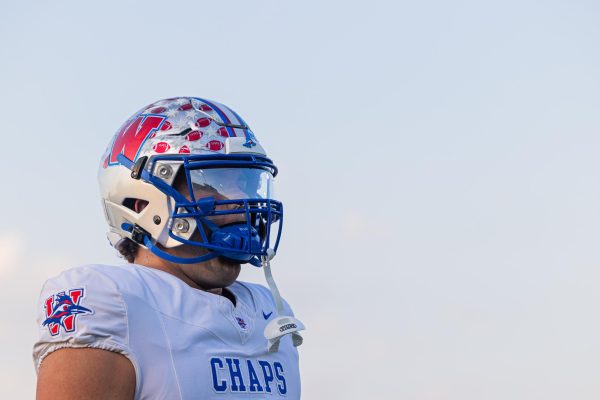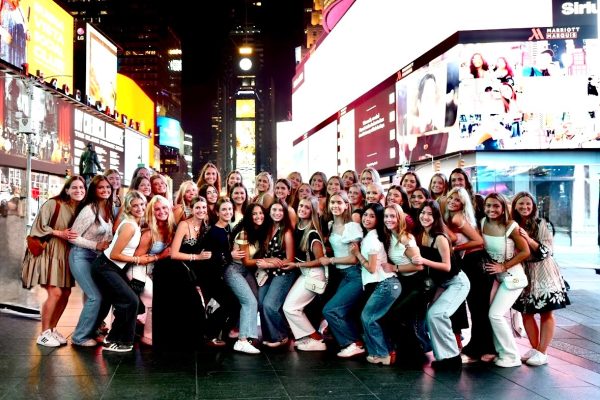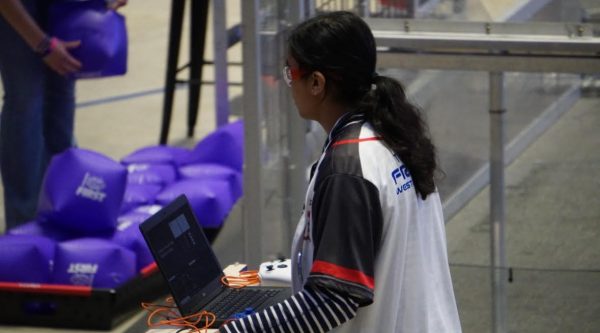‘Born a Crime’ positively impacts junior
As the current host of “The Daily Show,” Trevor Noah is a world-renowned comedian from South Africa. Thanks to his jocose personality, he has gone far in life, but not without his traumatic childhood hanging around his neck. Over the summer, I finally got my hands on Noah’s first memoir, “Born a Crime: Stories From a South African Childhood.” “Born a Crime” was released in 2016 and named one of the best books of the year by NPR, The New York Times, Book List and countless others. In 2019, Noah released his second memoir, “New Memoir,” because of all the positive attention Born a Crime received.
The book was both heart-wrenching and humorous, but overall an inspiring coming-of-age novel about the obstacles a mixed person, a person of more than one race, had to overcome during and after Apartheid. The word Apartheid contains the word ‘apart’ and heid translates to ‘hood’ in Dutch. Apartheid was a system of segregation which physically and socially separated races in South Africa. With each tribe, there is usually one designated language, and more often than not people only spoke one language.
Noah was born to a Swiss father and a black Xhosa mother, making his birth a punishable act. Having a mixed child under apartheid was considered worse than treason because it showed that races wanted to mix rather than oppress each other; this act could result in up to five years in prison. Noah speaks of the extreme precautions his mother took to make sure the government couldn’t get their hands on Noah because she knew he would not be returned. Because of this, he spent most of his toddler years inside while all his cousins were free to roam the block.
I was expecting the book to be full of comedy and jokes in every single paragraph, but the humor was spaced out, usually several pages apart. After the first paragraph, in which Noah’s mother throws him out of a moving car, I realized this book was about serious topics which should not be joked about. Additionally, the book dealt with firsthand experiences of racism, and even Trevor Noah did not talk about this subject lightly.
His words were very deliberate, and he explained each anecdote in a serious, profound way. Yes, there were jokes, but they were only in appropriate places. Noah never joked about the extreme measures his mother took to keep him safe; rather he spoke with gratitude and a genuine tone.
Once Apartheid was lifted, Noah was neither black or white, so he rarely fit in at any given time. He addressed this subject in a joking way, but with urgency so the audience knows how impactful the situation was. Noah talks about constantly standing out, and I couldn’t help but wonder how tiring that must be. No, I don’t stand out because of my skin tone, but I get what he is talking about. My dad is of Spanish descent and my mom is white; people often comment on how my siblings and I look completely different from each other and our parents, but I’ve gotten used to it. It’s nice to know someone relates to the situation, and I can’t express how grateful I am that Noah opened this can of worms.
In his teen years, he had to choose if he was going to identify as black or white, and he chose black because Apartheid kept him from connecting with his father. Noah explains that his father was a good man who didn’t abide by racist norms, but because of Apartheid their relationship, was shallow. Still, Noah wasn’t accepted as black; even though he gave up his whiteness, he faced backlash under Apartheid and throughout his life. Yet, Noah still existed on the social food chain because he spoke several languages and he had a large side hustle. In the novel, Noah includes an anecdote where even his own grandparents wouldn’t hit him like his cousins because they could see bruises forming on his light skin.
Noah touches on deep subjects such as physical abuse, homelessness and theft in a way that is easy for the reader to understand. Noah includes these intimate details so people can understand why these things happen, why people chose to stay in abusive relationships, why people choose to be homeless, why people chose to steal. Through most of his childhood, Noah was a mischievous troublemaker and hustler, and he explains why he did this.
Additionally, Noah was overtly Christian and spent most of his childhood at church or praying. His relatives believed that his prayers were special because he could pray in English. His family, neighbors and even school officials bowed down to him because he was part white, but Noah desperately wanted to be an average kid.
In conclusion, I highly recommend the book; through the memoir, the writing style was supreme and cohesive. The book is written in a one-of-a-kind way by an extremely influential individual who can truly speak to this subject. Honestly, I would give the book a 9 out of 10, it would have achieved the final star if it dove a little deeper into the lifelong effects Apartheid had on Noah.
The book granted a well-deserved voice to oppressed South Africans, and illustrates how tyranny affects people in the modern era. From stories of a bona fide mother-son relationship to stories of homelessness the book covers world problems we often overlook. Noah made abuse, homelessness, and a mother’s love personal and relatable. If you are ever looking for a memoir or autobiography, “Born a Crime” is an exquisite read that I highly recommend to everyone.

